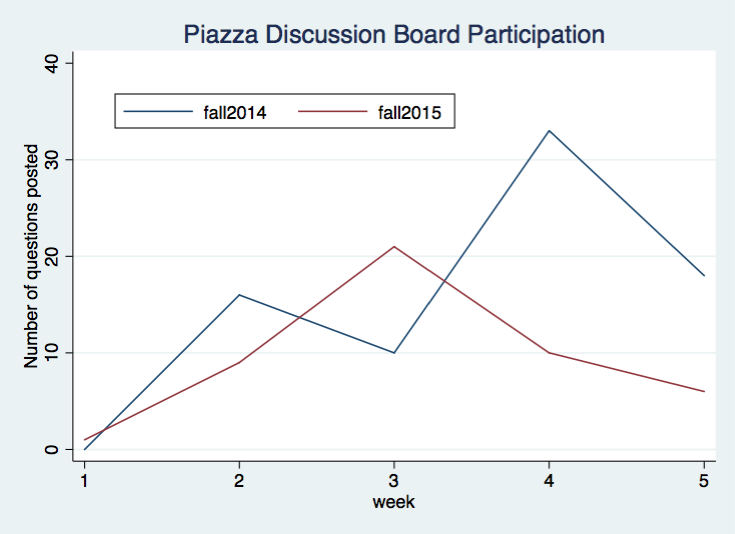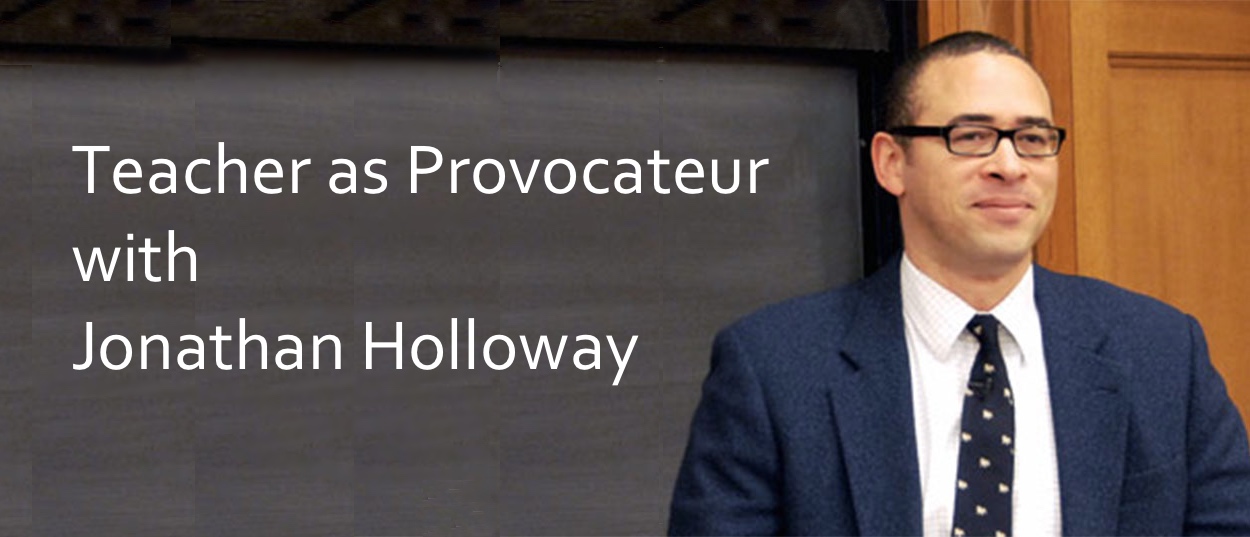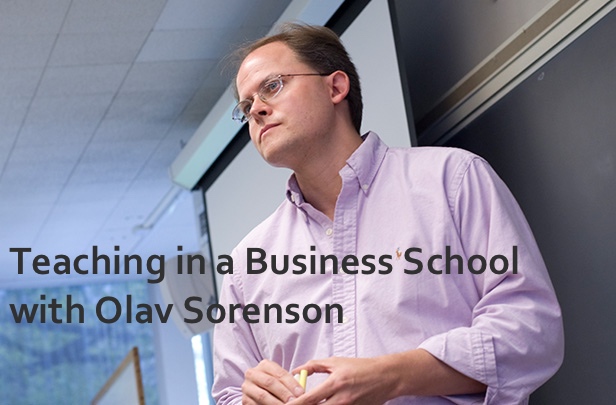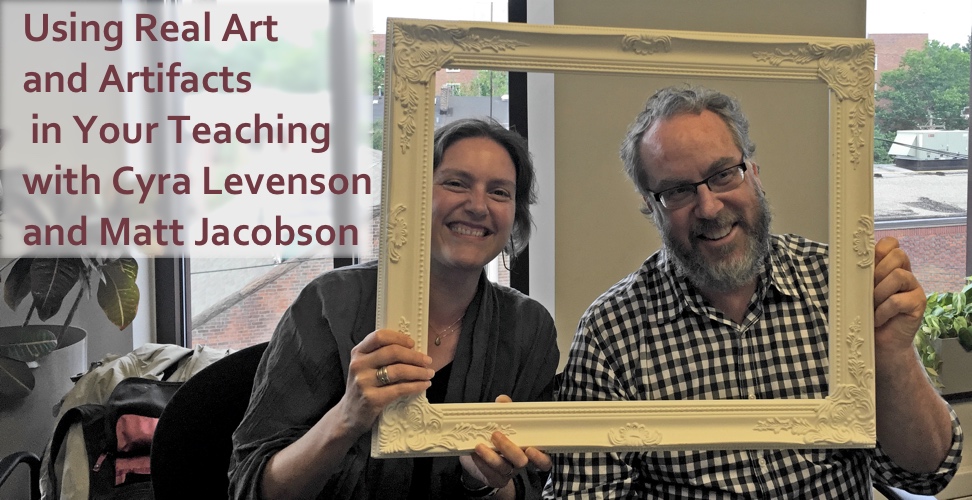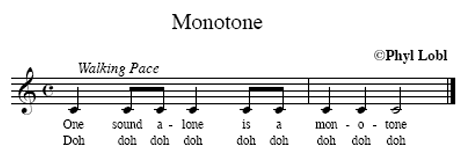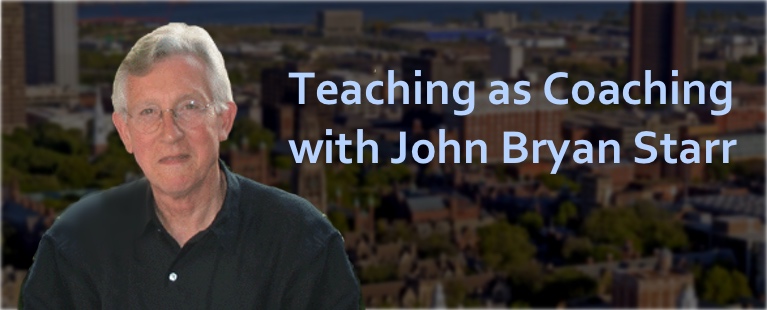Opt in vs. Opt out
Last fall I used the Piazza discussion forums to let students ask questions and get answers outside of class. It was a huge success and this term I looked forward to more of the same. Strangely, however, I noticed participation in the forums has been much lower this year. As of the end of the fifth week of classes, students have posted just 47 questions compared to 77 questions posted at this point last year. What’s changed?
